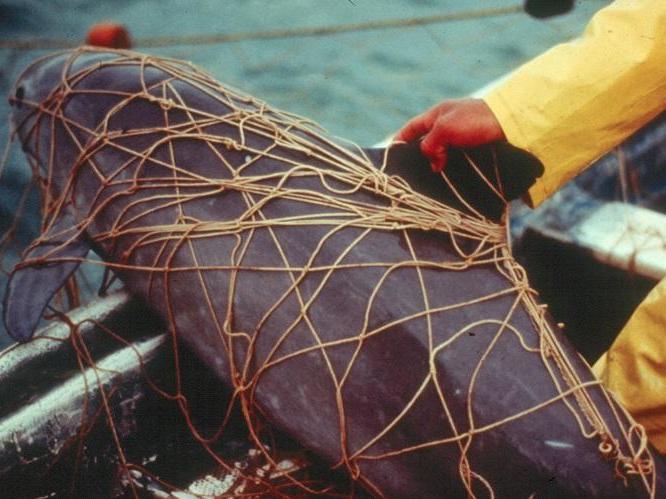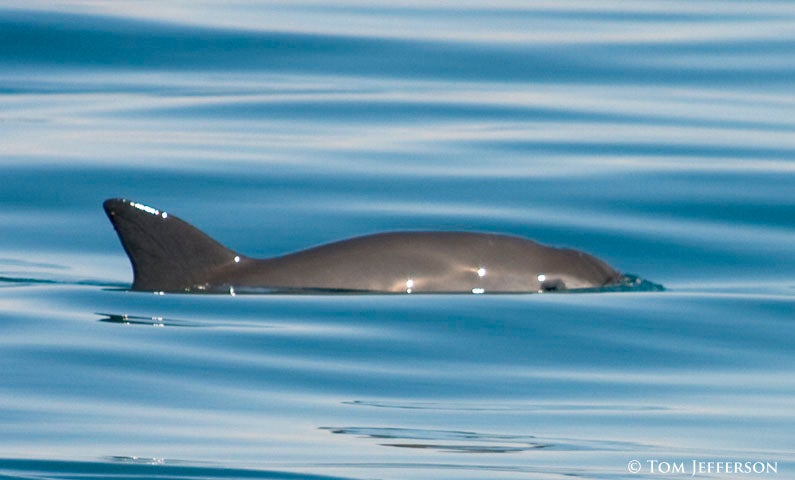World's most endangered mammal 'to be extinct within a year', scientists say
Vaquita porpoise populations have dropped by 98.6 per cent since 2011 and now fewer than 10 remain

One of the world’s most endangered animals could face extinction within a year if illegal fishing nets continue to be used, scientists have warned.
Urgent action is needed if the rare vaquita porpoise, which only lives in the upper Gulf of California in Mexico, is to be saved, researchers at the University of St Andrews have warned.
Numbers may have now dropped to fewer than ten – with the worldwide population in 2016 estimated to be just 30.
In the most recent 2018 survey scientists said that less than 19 porpoises remained but the number was probably as low as nine.
The porpoise’s decline has been attributed to fishers in the region targeting the totoaba fish. Its swim bladder is in demand from the Chinese, who consider it a delicacy.
Despite a ban by the Mexican Government on the use of the gillnet – which causes porpoises to be killed as a by-catch – illegal fishing has continued.
Since the ban was introduced in 2017, 10 dead vaquita porpoises have been found, where deaths could be determined attributed to drowning in the nets, according to the study in the journal, Royal Society Open Science.

Professor Len Thomas, from the University of St Andrews Centre for Research into Ecological and Environmental Modelling (CREEM), was invited to participate on an international expert panel of ecological statisticians to analyse the data.
“The ongoing presence of illegal gillnets despite the emergency ban continues to drive the vaquita towards extinction," he said. “Immediate management action is required if the species is to be saved.”
It is estimated the number of vaquita has fallen by 98.6 per cent since monitoring began in 2011 and by nearly 50 per cent each year since a 2016 study.
Researchers’ best estimate is there were nine animals remaining at the end of the last acoustic survey in August 2018.
The vaquita, nicknamed the senorita of the sea or the panda of the ocean, is considered to be among the most endangered marine mammals in the world.
Additional reporting by PA
Join our commenting forum
Join thought-provoking conversations, follow other Independent readers and see their replies
Comments
Bookmark popover
Removed from bookmarks